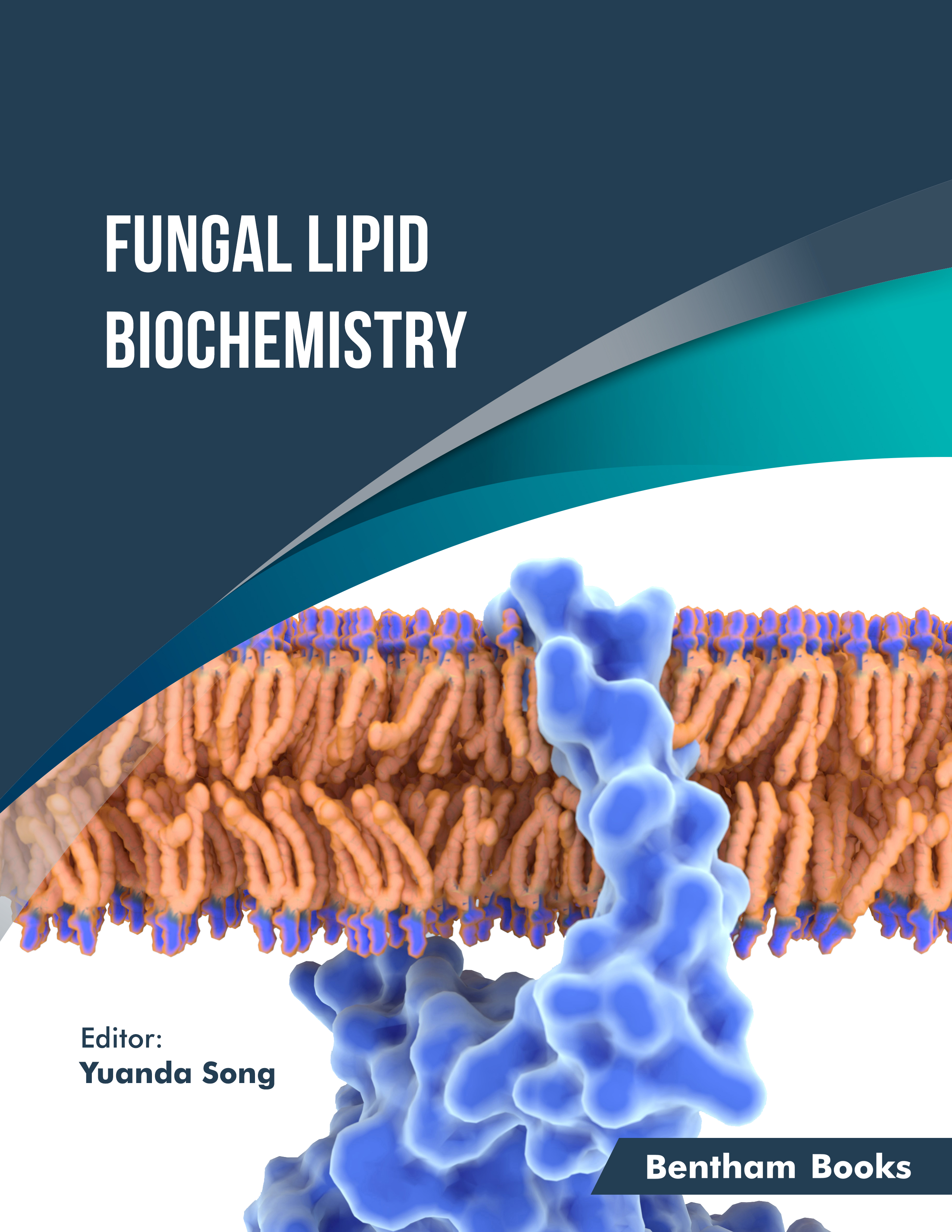Introduction
Fungal Lipid Biochemistry explores the intricate biochemistry of fungal and microbial lipids. The book focuses on recent advances in our knowledge about the distribution, classification, and biochemistry of fungal lipids.
The book is divided into four sections, starting with an introduction to fungal lipids which includes definition, classification, nomenclature, and some historical aspects of fungal lipid research. This is followed by an overview of fungal lipids, and environmental and nutritional cultural conditions affecting lipid production. The second section contains four chapters that explain the metabolism of fatty acids, their biosynthetic pathways together with their storage mainly in the form of triacylglycerols. The latter includes a key description of the recently discovered lipid droplet acting as a highly specific cellular compartment for the storage of neutral lipids. The third section contains five chapters concerned with the relatively recent interpretation of other major lipid classes which include glycerophospholipids, sphingolipids, aliphatic hydrocarbons, sterols, carotenoids, and polyprenols and their occurrence and biosynthesis. The final section covers lipid metabolism during fungal development and sporulation.
Key Features:
- - Extensive coverage of fungal lipid biochemistry, with a focus on recent knowledge
- - Includes chapters for specific lipid classes with notes on their metabolism
- - Gives knowledge about the role of lipids in fungal growth and development
- - Provides references for further reading
This book is a comprehensive reference for academics, scientific researchers, and industrial scientists (in biotechnology, food science and nutritional health) who require information about fungal lipid composition and biochemistry.
Audience: Academics, scientific researchers, and industrial scientists (in biotechnology, food science and nutritional health) who require information about fungal lipid composition and biochemistry.

